Alumnus Benjamin Martin has served as fire lieutenant for the Henrico County (Virginia) Division of Fire for 13 years. Between his fire service experience and his education in leadership and public administration, he has picked up more than his fair share of lessons along the way.
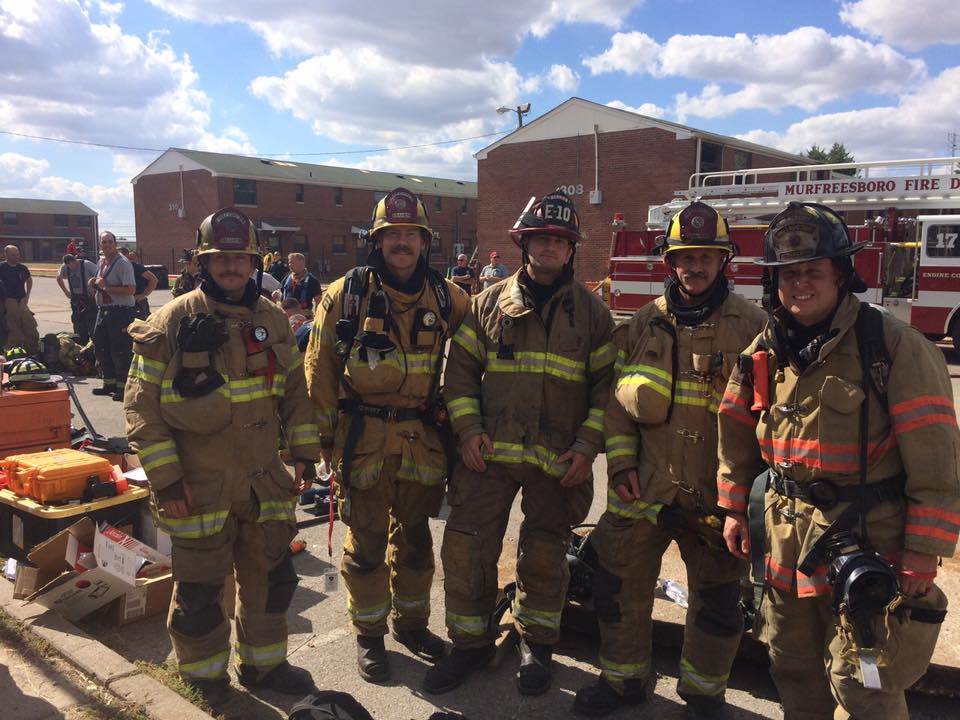
Martin, center, with his fellow firefighters.
Martin shares his expertise on organizational culture and emotional intelligence in fire leadership by touring U.S. fire departments and industry conferences across the country. He recently presented on the topic at the 2019 FDIC International in Indianapolis.
To him, it’s all about leadership, but not in the traditional way most fire professionals are taught.
“What rank really gives you is a wider scope, a bit more perspective and a lot more responsibility. It can expose where you’re not as strong,” he said.
His presentations explore the science and health of leadership tactics in order to allow departments to operate efficiently, with higher moral and personnel buy-in.
“I’m changing the cultural expectation of how leaders behave, how they model behavior and what their expectations of themselves are to others, not just always what they expect others to do for them,” said Martin. “That does not come without challenges. A lot of it comes down to relationships.”
When he traveled to other fire departments, he said he “didn’t see a lot of brotherhood.”
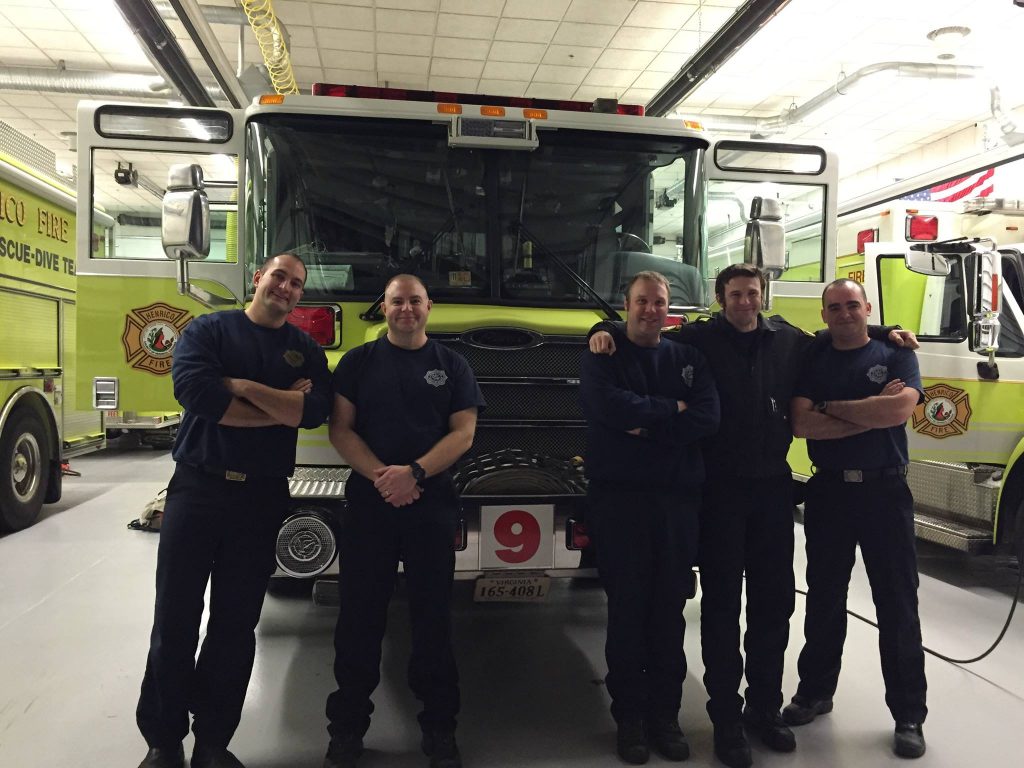
Martin, far left, says he wants to increase brotherhood among the fire community.
“What I like to think about more than the culture piece is we have to humble ourselves and take care of each other and make each other our priority,” he said. “In that way leadership can be rewarding.”
In his presentations, Martin includes information on the neuroscience behind human behavior. He says that while some attendees may at first be hesitant to the subject of emotional intelligence and getting more personal with their team members, the science behind it gets their attention.
“The things that I thought I knew, especially when it came to people, I had no idea,” he said. “Treating people as people and not as processes is something a lot of leaders can be confused about; they demand efficiency from people, like their processes. That’s not how people operate. They have feelings and they’re messy; sometimes they’re motivated, sometimes they’re lazy. Sometimes they’re attentive and sometimes they’re distracted. Sometimes it’s work that’s causing them anxiety and sometimes it’s something at home.”
Martin calls those who serve in the fire industry “stewards.”
“When you’re a firefighter, your job is to be a good steward, whether you’re a volunteer or you’re paid. You’re given a responsibility to take care of the people in your community and to do it with pride. But when you’re a leader, the things that you’re asked to take care of are people: the firefighters.”
Martin shares more on the subject on his website, embracetheresistance.com.
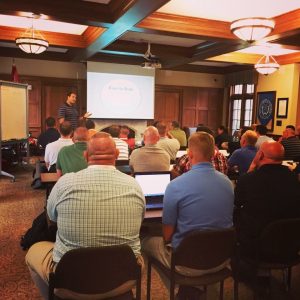
“It has everything to do with Newton’s third law: with every action there is an equal and opposite reaction. Take a look at the fire hose, the nozzle. To put water on things and have any sort of impact, there has to be some counter-reaction,” he said. “We could take the nozzle off and it would be much easier but it wouldn’t be effective. It’s the same thing for leadership. If we strip away all the resistance, we aren’t being the best leaders.”
Martin received a bachelor’s degree in fire science and a master’s degree in public administration from CSU.
Disclaimer: These testimonials may not reflect the experience of all CSU students.
Multiple factors, including prior experience, geography, and degree field, affect career outcomes.
CSU does not guarantee a job, promotion, salary increase, eligibility for a position, or other career growth.

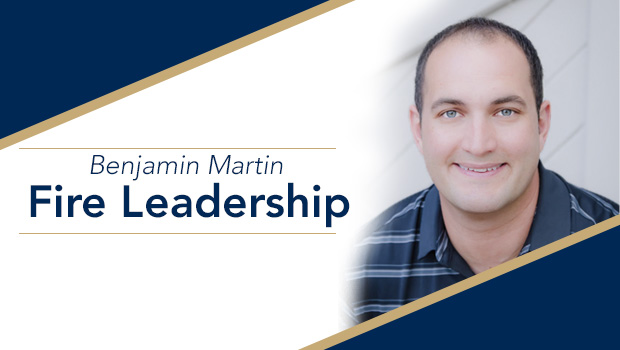


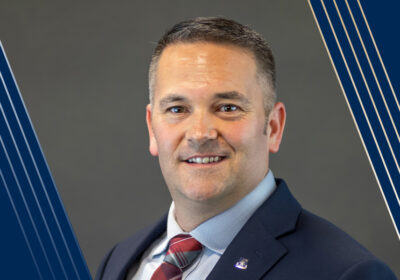
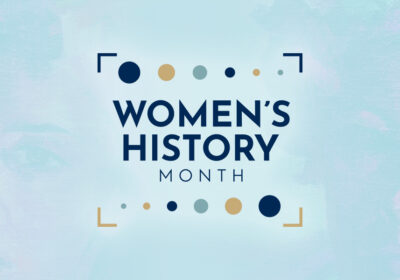
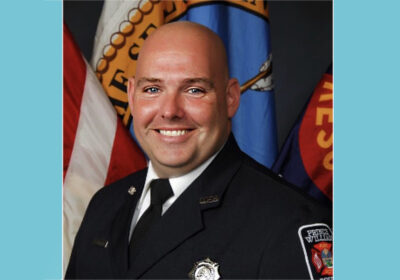



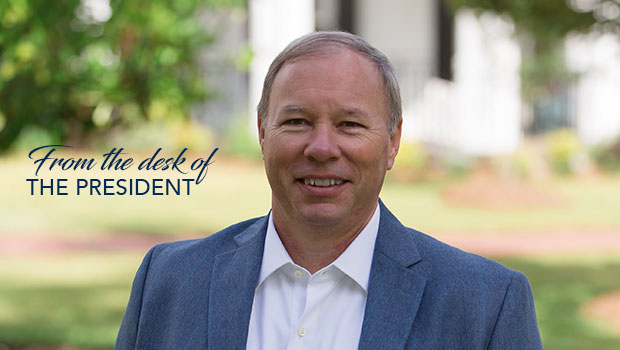
Very good post and great read!